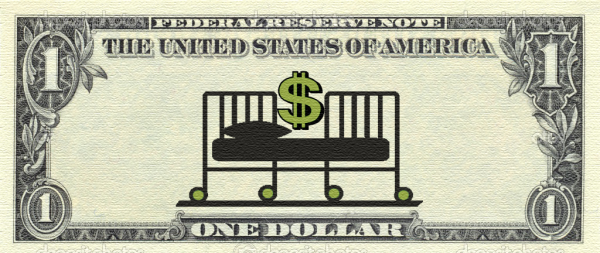 Medicare, the national federal insurance program for Americans aged 65 and older, issued $6.7 billion in 2010 for health care visits that were improperly coded according to the report from the inspector general of the Department of Health and Human Services. But in its reply to the findings, the Centers for Medicare and Medicaid Services, which runs Medicare, said it doesn't plan to review the billings of doctors who almost always charge for the most expensive visits because it isn't cost-effective to do so.
Medicare, the national federal insurance program for Americans aged 65 and older, issued $6.7 billion in 2010 for health care visits that were improperly coded according to the report from the inspector general of the Department of Health and Human Services. But in its reply to the findings, the Centers for Medicare and Medicaid Services, which runs Medicare, said it doesn't plan to review the billings of doctors who almost always charge for the most expensive visits because it isn't cost-effective to do so.
The Inspector General's report, released last week, estimates that overpayments account for 21 percent of the $32.3 billion spent on Evaluation and Management (E/M) services in 2010.
The Evaluation and Management (E/M) category includes office visits, emergency room assessments and inpatient hospital evaluations. Office visits are the most common services provided in the program.
Overall, more than half of the claims were billed at the wrong rate or lacked documentation to justify the service. Sometimes physicians billed for a lower-cost service than the one they delivered, but more often they billed for a more expensive one. The Inspector General extrapolated from its sample to estimate the amount Medicare overpaid on all 2010 evaluation and management claims.
While most providers had a tiny percentage of visits for which they charged the highest rate, known as level 5, more than 1,200 billed exclusively at that level. Another 600 did it more than 90 percent of the time. About 20,000 health professionals billed only at the top two levels, 4 and 5.
Experts we consulted said that these billing patterns were highly implausible and could indicate fraud. Some doctors, however, said that their patients were sicker than those of their peers and required more time and attention.
This is the second time that the Inspector General has singled out this area for more scrutiny. In 2012, the watchdog said physicians had increasingly billed Medicare for more intense — and more expensive — office visits over time. But that didn't prove the claims were improper.











